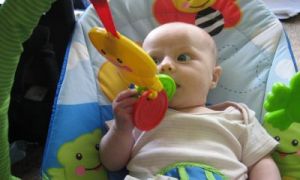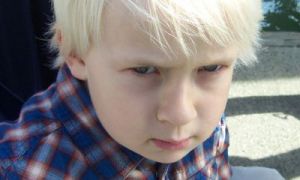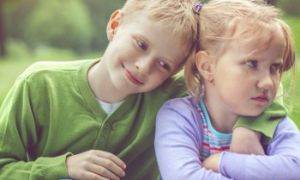Babies will begin to find new ways of moving themselves around the house and has improved balance and body movements. These movements that a baby displays are often referred to as gross motor development.
Gross Motor Development Milestones
From 12 to 18 months
One of the biggest milestones in a baby's first year of life is walking. It is very exciting act to watch a baby’s first steps. When a baby begins to walk they need encouragement to gain the confidence to practice walking. By practice and experience, over the next several weeks slowly and steadily a baby will begin to walk. During the first stages babies will topple and fall over and may end up with some bruises. But don't worry this is all part of the learning process until a baby learns how to walk freely and confidently.
Milestones Achieved
- spends time trying to climb stairs
- determined to walk on own, insists of walking unaided
- able to stop and change direction when walking
- can bend over to pick up objects from the floor
- enjoys climbing in and out of high chair
- walks unsteadily with support up and down stairs
- walks confidently around the home and outside
- trots from across the room
- starts to climb playground equipment
- may enjoy splashing and kicking in the swimming pool
- takes two to three steps without support, legs wide and hands up for balance
- rolls large ball, using both hands and arms
- reverts to crawling if in a hurry
- tries to use spoon/fork
- walks alone
- pulls toys behind him while walking
- carries large toy or several toys while walking
- begins to run stiffly
From 18 to 24 months
Through increasing movement, balance and co-ordination babies will become increasingly adventurous as their confidence grows. Your baby's curiosity and new co-ordination and movement skills opens up a whole new range of play experiences.
Milestones Achieved
- is able to undertake another activity while on the move
- likes to climb furniture
- climbs up and down on chairs
- improved balance and co-ordination
- can walk backwards a few steps
- uses a wider range of playground equipment
- enjoys running freely in open spaces
- can pedal wheels on a tricycle
- can stand on one foot while using the other to kick a ball
- runs confidently
- moves fast while going into a straight line
- is able to throw and catch a ball from a sitting position
- dances to music
- can adjust balance well on a swing
- walks into ball
- climbs onto and down from furniture unsupported
- walks up and down stairs holding on to support
- walks, climbs and runs
- crawls up steps
- kicks and throws a ball
- feeds themselves
- begins to run hurried walk
- squats to pick up an object
- reverts to crawling if in a hurry
- can drink from a cup
Physical development is an important part of your child's overall early development. Providing plenty of opportunities for your baby to complete both gross motor and fine motor tasks will give your baby the confidence to strengthen their new learnt skills.


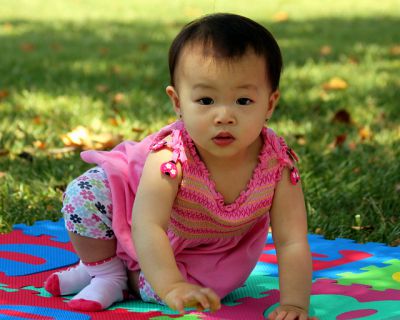
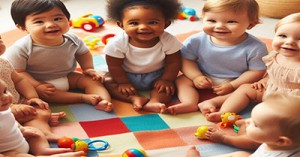
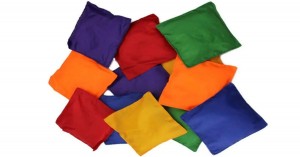
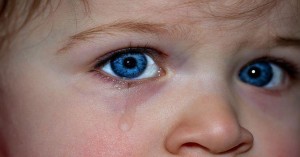
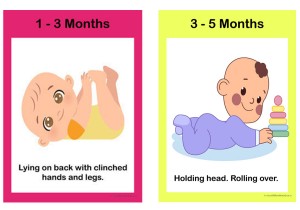
 Toddlers have a greater understanding of the world around them by this stage. Their cognitive development (also known as intellectual development and thinking skills) continues
Toddlers have a greater understanding of the world around them by this stage. Their cognitive development (also known as intellectual development and thinking skills) continues Infants begin to develop trust when parents begin to fulfil their needs. Such as changing an infant's nappy when needed, feeding on request and holding
Infants begin to develop trust when parents begin to fulfil their needs. Such as changing an infant's nappy when needed, feeding on request and holding Beginning at birth the construction of thought processes, such as memory, problem solving, exploration of objects etc, is an important part of an infant’s cognitive
Beginning at birth the construction of thought processes, such as memory, problem solving, exploration of objects etc, is an important part of an infant’s cognitive Toddlers want to do more on their own and do not like it when you begin to establish limits on their behaviour. Tantrums can become
Toddlers want to do more on their own and do not like it when you begin to establish limits on their behaviour. Tantrums can become Your preschooler is now able to focus their attention more accurately and is less influenced by distractions. The intensity of questions increase as your child
Your preschooler is now able to focus their attention more accurately and is less influenced by distractions. The intensity of questions increase as your child John Dewey is often seen as the proponent of learning by doing – rather than learning by passively receiving. He believed that each child was active,
John Dewey is often seen as the proponent of learning by doing – rather than learning by passively receiving. He believed that each child was active, Toddler advance and gains new skills in Gross Motor Development milestones achieved throughout earlier years. Co-ordination and challenges that could not be performed before such
Toddler advance and gains new skills in Gross Motor Development milestones achieved throughout earlier years. Co-ordination and challenges that could not be performed before such Erik Erikson developed a psychosocial theory to understand how we each develop our identities through eight stages of psychosocial development from infancy to adulthood. The
Erik Erikson developed a psychosocial theory to understand how we each develop our identities through eight stages of psychosocial development from infancy to adulthood. The At this point preschoolers begin to interact effectively with others. Play becomes more innovative and organized and “boyfriend” or “girlfriend” begins to emerge. Preschoolers have
At this point preschoolers begin to interact effectively with others. Play becomes more innovative and organized and “boyfriend” or “girlfriend” begins to emerge. Preschoolers have From now, babies begin to identify and respond to their own feelings, understanding other's feelings & needs and interact positively with others. A baby's social and
From now, babies begin to identify and respond to their own feelings, understanding other's feelings & needs and interact positively with others. A baby's social and